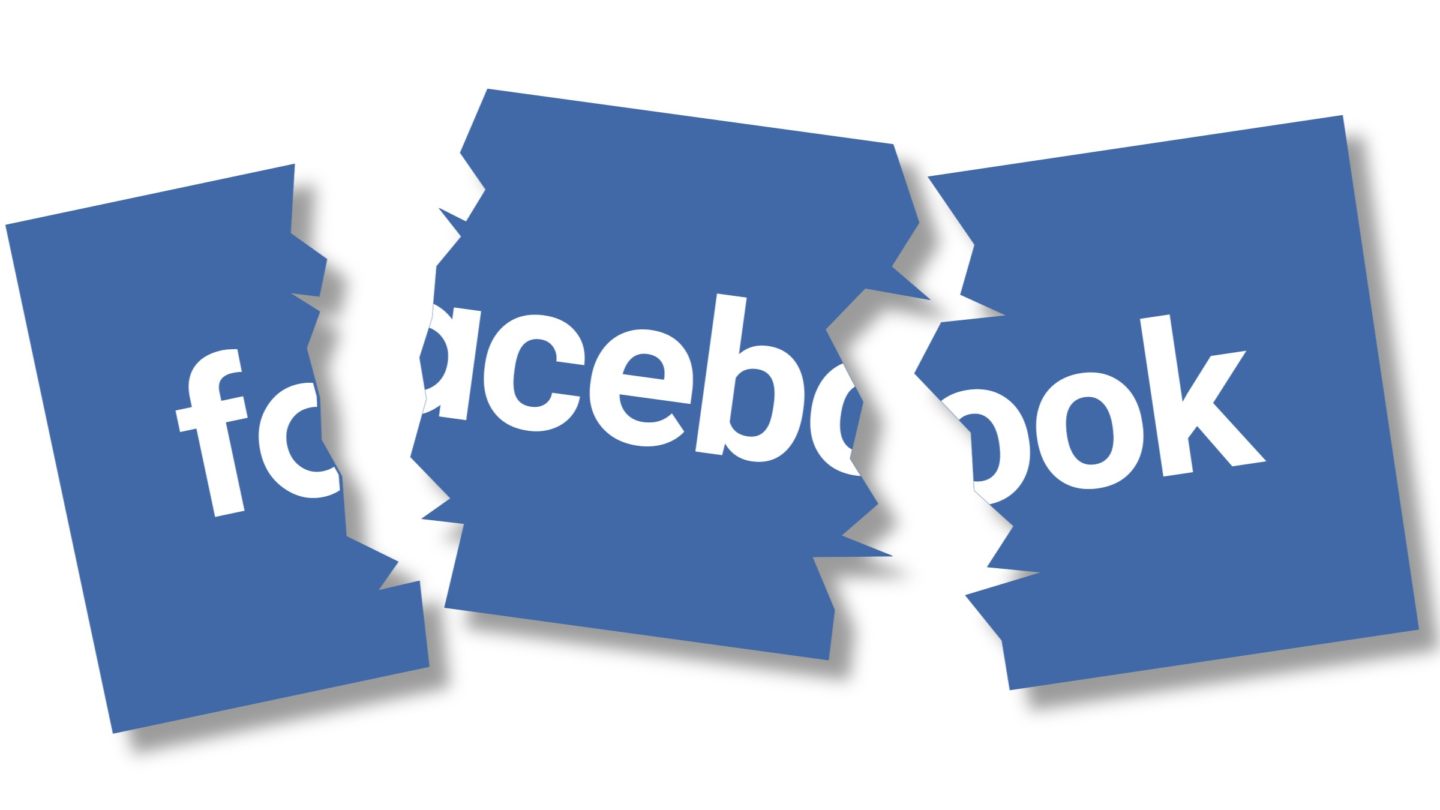When it comes to social media, Facebook is nothing short of royalty — but the Federal Trade Commission’s lawsuit moves to divvy up the monarchy into smaller, independent businesses.
Having over 1.62 billion daily users, the Facebook platform alone is a force to be reckoned with. But, when you add in the other apps and social media platforms the company owns (like Instagram, which is evolving rapidly into an e-commerce space), plus everything it’s in the process of acquiring (like customer service provider Kustomer), it’s hard to deny just how much our daily lives are touched by the company.
“Facebook is the world’s dominant online social network. More than 3 billion people regularly use Facebook’s services to connect with friends and family and enrich their social lives.”
— FTC Lawsuit
The text of the lawsuit goes on to personify Facebook as greedy, power hungry and in need of government oversight: “… not content with attracting and retaining users through competition on the merits, Facebook has maintained its monopoly position by buying up companies that present competitive threats and by imposing restrictive policies that unjustifiably hinder actual or potential rivals that Facebook does not or cannot acquire.”
Ultimately, the FTC aims to force Facebook to sell off assets like Instagram and WhatsApp, returning them to the status of independent businesses and potential competitors. It’s extremely rare that the government enforces a split like this, but it’s not unheard of. Plus, the suit is popularly backed by Democrats. With President-elect Joe Biden taking office in January, Facebook may have a tough legal battle ahead.
Right now, it sounds like one key defense Facebook may use in the case is the fact that both the Instagram and WhatsApp acquisitions were approved by the FTC at time of purchase.
One “impact” Facebook might be referring to would be the extensive process of untangling Instagram and WhatsApp from the Facebook infrastructure. According to insiders at the company, it could take years to separate out the data and frameworks for these platforms.
More likely, though, is that Facebook is concerned about the impact a breakup could have on its ad revenue. Through its acquisitions and partnerships with hundreds of apps and websites, Facebook has built a stockpile of data on its users — and it’s built an avenue for marketers to use that data for ad targeting. If Instagram is separated from Facebook, determining what partnerships remain, what data is maintained, and how advertising would work on each platform will be a tedious process.
Key Takeaways:
There’s no need to panic about the impact a Facebook breakup could have on your ad strategy just yet. The odds appear to be in Facebook’s favor right now. Plus, even if the FTC takes the win, it’ll be awhile before the division can actually happen from a technical standpoint.
But, this comes as an important reminder that a one-track marketing strategy is always risky. If your strategy is heavily reliant on Facebook ads, this is a great time to start diversifying your options. Consider developing a TikTok strategy, planning a Connected TV campaign, or optimizing your Google Shopping listings.

